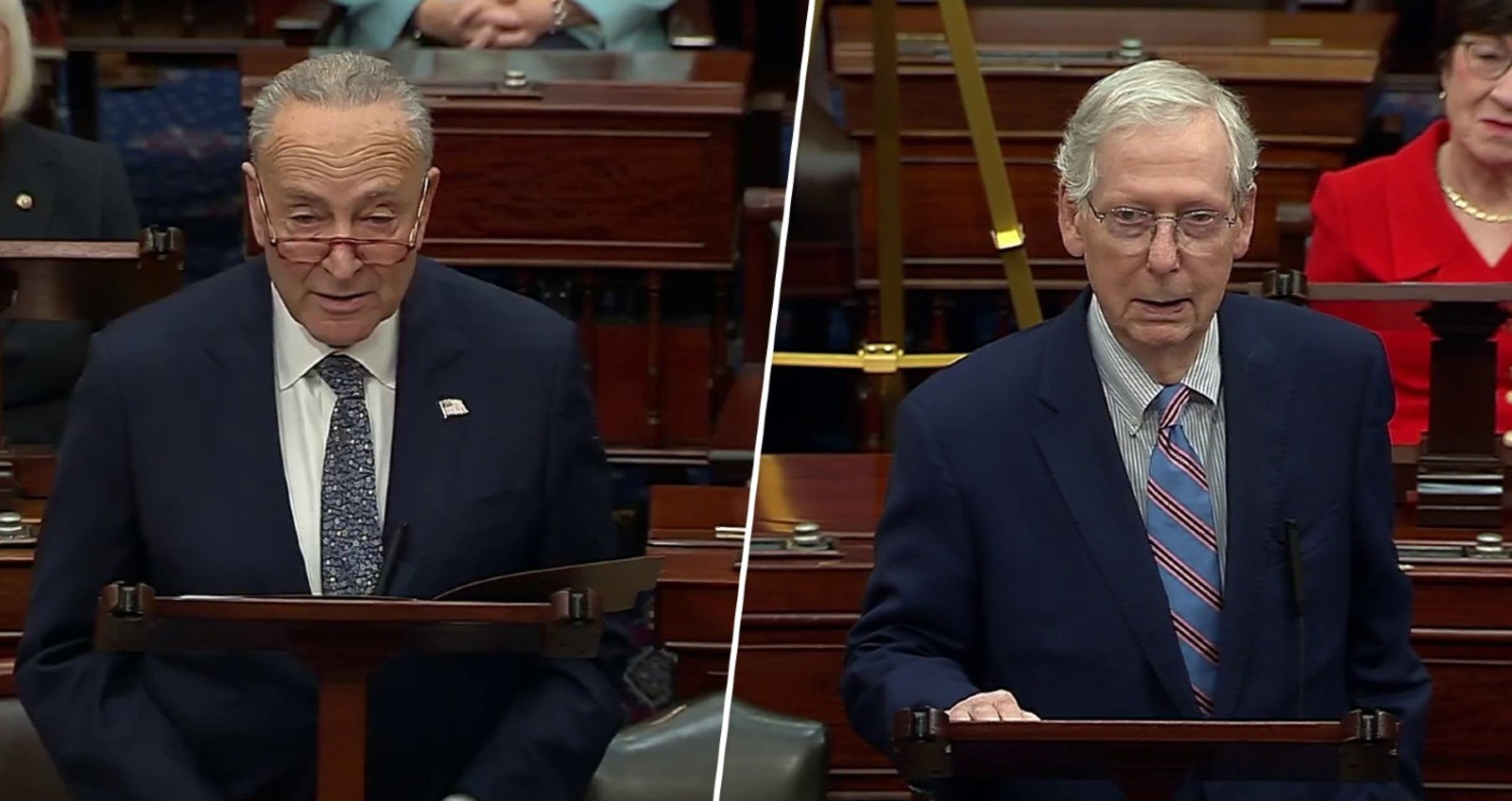In a series of decisive votes, the Republican-controlled U.S. Senate has recently confirmed two cabinet nominees for President Donald Trump’s administration. In a 67-32 vote, Lori Chavez-DeRemer was confirmed as Labor Secretary, marking a significant moment in Trump’s effort to reshape federal labor policy. Shortly thereafter, the Senate also confirmed Kelly Loeffler as the head of the Small Business Administration (SBA) in a 52-46 vote, with bipartisan support emerging as a key factor in both confirmations. These nominations are not only notable for their individual policy implications but also for the way they reflect a broader strategic reorientation within the Trump administration regarding labor, union relationships, and economic policy.
During his first term, President Trump appointed officials to key labor positions who were known for their opposition to union activities. Critics have long argued that these appointments led to actions that diminished worker protections and curtailed the ability of unions to influence policy. Under his leadership, actions such as limiting overtime protections and reducing enforcement of labor regulations became central themes of his economic policy. In contrast, the nomination of Chavez-DeRemer represents an effort to signal a different approach—one that balances Trump’s pro-business stance with a nod to traditional labor values, even as it hints at a broader strategy to undercut the power of unions.
Nomination and Committee Considerations
Lori Chavez-DeRemer was nominated by President Trump for the role of Labor Secretary, with the choice highlighting a carefully considered political message. According to reports, the nomination was influenced in part by the fact that her father was a long-time Teamsters member. This detail was seen as an effort by the Trump administration to send a signal: by choosing someone with familial connections to organized labor, Trump aimed to appeal to blue-collar voters and potentially weaken the historical loyalty of labor unions to the Democratic Party.
On February 27, the Senate Health, Education, Labor, and Pensions (HELP) Committee voted 14-9 to advance her nomination. Notably, after Senator Rand Paul (R-Ky.) cast a “no” vote, Chavez-DeRemer became the first widely recognized Trump nominee to require bipartisan support to overcome committee hurdles. In a rare display of cross-party collaboration, seventeen Democrats joined with most Republicans on the committee, while several high-profile Republicans—including Senators Tedd Budd (N.C.) and Rand Paul (Ky.), as well as former GOP leader Mitch McConnell (Ky.)—expressed reservations about her nomination.
Senate Floor Vote and Bipartisan Dynamics
The full Senate vote to confirm Chavez-DeRemer as Labor Secretary concluded at 67-32. This decisive confirmation is noteworthy for the level of bipartisan support she received, as many Democrats chose to back her nomination despite ideological differences with the Trump administration. The dynamics of the vote indicate that while some conservative senators were uneasy about her record—especially her support for provisions like the Protecting the Right to Organize (PRO) Act—her overall profile was acceptable to enough lawmakers from both sides of the aisle.
Some Republicans, however, maintained a critical stance toward her candidacy. Senators Tedd Budd and Rand Paul, along with former Senate leader Mitch McConnell, were vocal in their opposition. Their criticism largely centered on her past support for the PRO Act, a piece of legislation intended to strengthen union powers by countering state-level anti-union laws. Although the majority of Republicans and the business lobby oppose the PRO Act, Chavez-DeRemer was one of the few Republican House members to back it during her tenure. This record was used by detractors to question her suitability for a position in an administration that has historically been anti-union.



